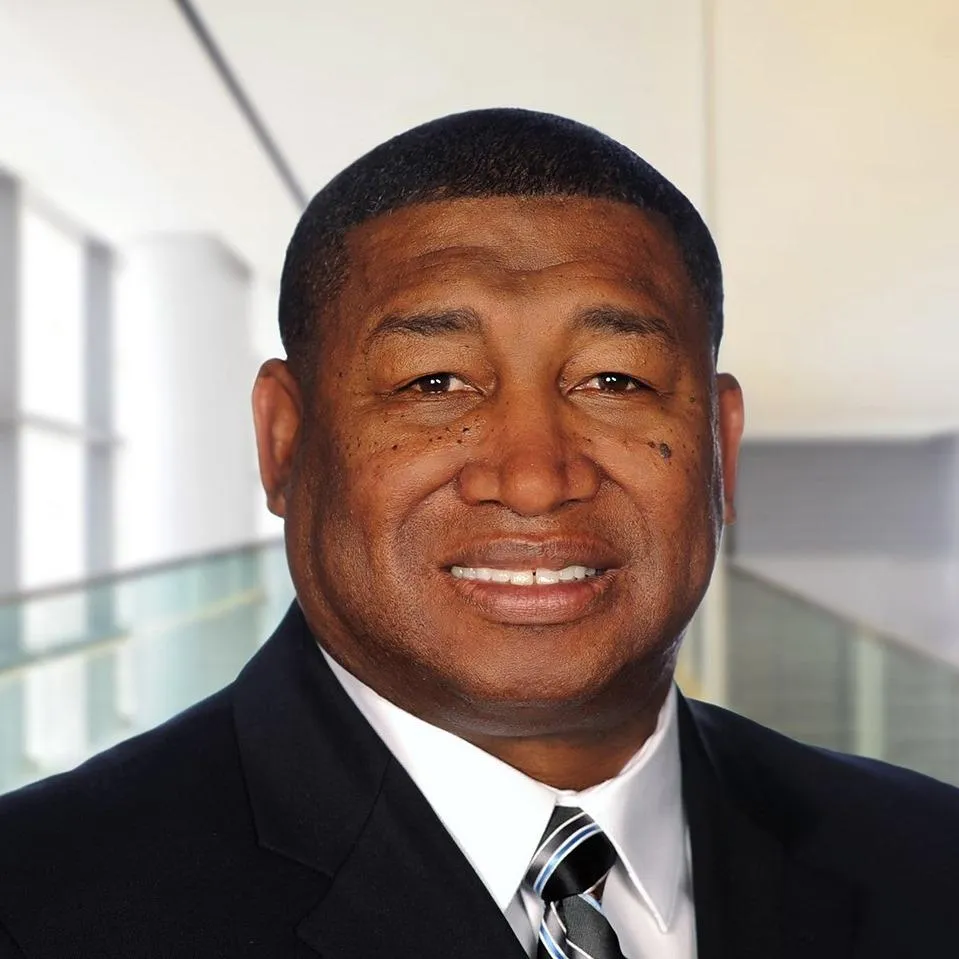
Special Guest Expert - Billy Taylor

Billy Taylor
Billy Taylor is an American business executive, dynamic speaker and leadership guru. He is the Founder and President of LinkedXL (Excellence), a Business Operating Systems Architecting Firm. Taylor spent 30 years with The Goodyear Tire & Rubber Co. (GT), serving as Director of North America Operations and Chief Diversity and Inclusion Officer. During his tenure at Goodyear, the company's earnings rose from -38M to +1B. As the Global Head of Diversity & Inclusion for Goodyear, Taylor led diversity and inclusion strategies for 64,000 employees across the 22 countries where Goodyear operates.
Connect with Billy:
Please Share This With Your Followers
